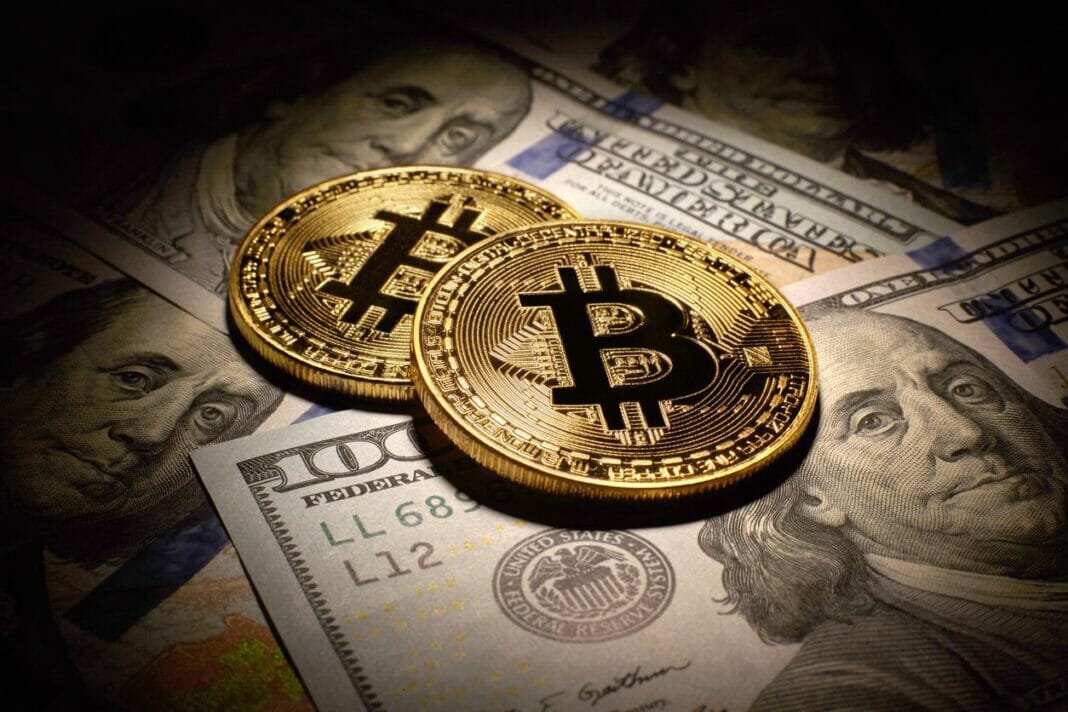A third party is responsible for safeguarding the Bitcoin that an investor deposits in banks. As people are the custodians of the cryptocurrency, they do not need traditional financial institutions to use it.
Bitcoin (BTC) has permeated the financial system, where traditional banks have begun to offer it. Investors can acquire it as an investment asset or a cryptocurrency itself, but there are advantages and disadvantages.
First, a Bitcoin bank is not a banking entity dedicated to cryptocurrencies or an exchange that safeguards the BTC of its users. The term refers to those traditional financial institutions that have started offering cryptocurrencies to their customers.
Bitcoin is an unbanked asset as investors do not need a third party, making it an enemy of traditional banking. Now that the banking system offers cryptocurrencies, it is good to know what type of Bitcoin it sells.
Banks Make Bitcoin Lose Some of Its Properties
Satoshi Nakamoto described Bitcoin as a peer-to-peer (P2P) electronic cash system. He brought that solution to the world to enable the digital exchange of value without the need for a third party.
If people cannot withdraw their Bitcoin from a bank, they have no chance to be its custodians. They will not be free to exchange between peers as the institution will be in charge of storing and safeguarding their holdings.
As Bitcoin in custody is vulnerable, each user should own all the coins he stores. An outsourced custodian leaves the cryptocurrency prone to State seizure, hacking, and theft.
Bitcoin does not need regulation at the protocol level, so Chinese people can continue to use Bitcoin outside the law.
Banks Offer Some Legal Advantages to Certain Users
Although banks may break many of the properties of Bitcoin, they can offer a powerful legal tool for adoption. As regulations govern those financial institutions, they will offer the cryptocurrency depending on local legislation.
The Salvadoran Bitcoin Law established that all economic entities must accept BTC, from merchants to banks. Some banking entities offer the payment of credit card debts through BTC, while others have activated payment channels to use it.
The Development Bank of El Salvador serves as a bridge for those who have to receive Bitcoin but do not want it. The institution absorbs the risk, accepting the BTC exchange rate and paying the equivalent in fiat money.
Being the Custodian of Bitcoin Implies Responsibility For Its Safety
Self-custody provides privacy and free circulation without State control, but security and protection depend on each user. The person is responsible for keeping his BTC safe by choosing a wallet and giving the receipt to the recovery seed, among various means.
Some custody services delegate the security of the BTC to a trusted third party at the company level. Research agency Blockdata reported that those services grew by over 400%, with a reserve capital exceeding USD 4,500 million.
Despite being independent companies, custody services usually work closely with banks and financial institutions offering Bitcoin. That is due to outsourced BTC protection and extra backup guarantee on the deposits, as most of those services provide insurance policies.
Having Bitcoin in a bank causes it to lose some of its properties, but some people or entities may benefit. In addition, it will always be possible to operate with BTC on the Bitcoin network outside the banking system.
By Alexander Salazar











